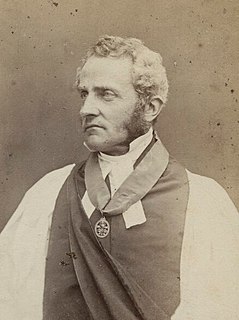A Quote by John Dewey
In general it may be said that the things which we take for granted without inquiry or reflection are just the things which determine our conscious thinking and decide our conclusions. And these habitudes which lie below the level of reflection are just those which have been formed in the constant give and take of relationship with others.
Related Quotes
The way forward does not lie in amateur and comically timeless linguistic sociology which takes 'forms of life ' for granted (and this is what philosophy has been recently), but in the systematic study of forms of life which does not take them for granted at all. It hardly matters whether such an inquiry is called philosophy or sociology.
We need to regularly stop and take stock; to sit down and determine within ourselves which things are worth valuing and which things are not; which risks are worth the cost and which are not. Even the most confusing or hurtful aspects of life can be made more tolerable by clear seeing and by choice.
Divine Scripture is wont to frame, as it were, allurements for children from the things which are found in the creature; whereby, according to their measure, and as it were by steps, the affections of the weak may be moved to seek those things that are above, and to leave those things that are below. But the same Scripture rarely employs those things which are spoken properly of God, and are not found in any creature; as, for instance, that which was said to Moses, I am that I am; and, I Am has sent me to you."
The freedom of speech and the freedom of the press have not been granted to the people in order that they may say things which please, and which are based upon accepted thought, but the right to say the things which displease, the right to say the things which convey the new and yet unexpected thoughts, the right to say things, even though they do a wrong.
Our challenges may be new. The instruments with which we meet them may be new. But those values upon which our success depends -- honesty and hard work, courage and fair play, tolerance and curiosity, loyalty and patriotism -- these things are old. These things are true. They have been the quiet force of progress throughout our history. What is demanded, then, is a return to these truths.
God grant that as our horizon of duty is widened, our minds may widen with it; that as our burden is increased, our shoulders may be strengthened to bear it. God grant to us that spirit of wisdom and understanding, uprightness, and godly fear, without which, even in greatest things there is nothing; with which, even in the smallest things there is every thing.







































